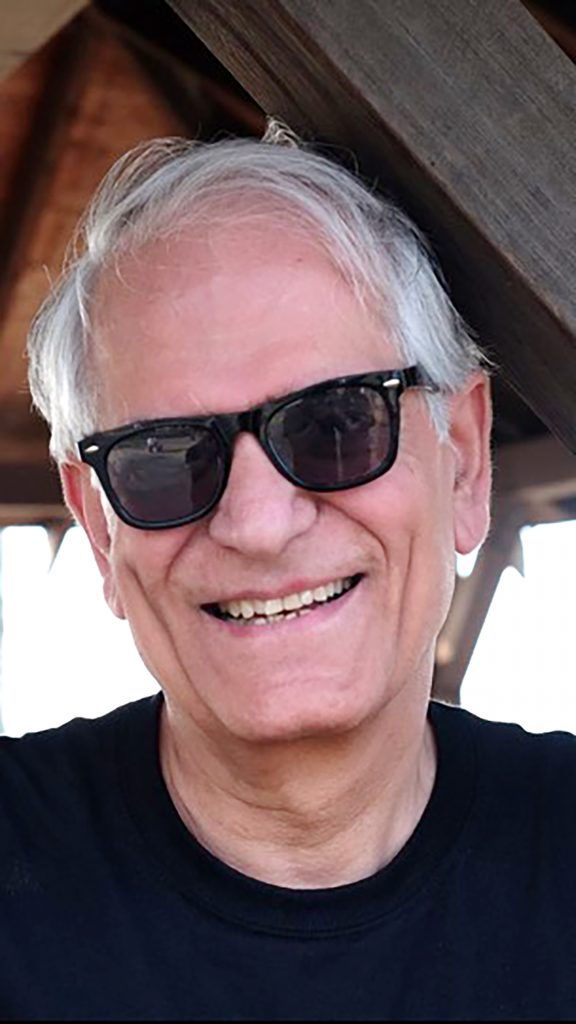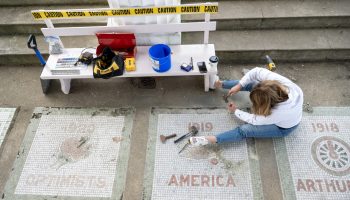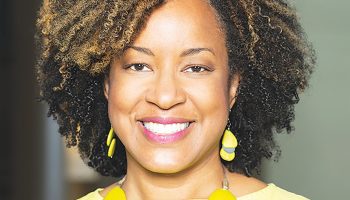Khalid Qazi reached out to his neighbors in the 1970s when no one else in his Muslim community would. Now, he wants all Americans to do the same.
At 2 p.m. Monday in the Hall of Philosophy, Qazi will connect his interfaith experiences to turmoil in the United States during his lecture, “E Pluribus Unum.” Qazi opens Week Two of the Interfaith Lecture Series, which will focus on the theme “Celebrating the Genius and Soul of a Nation.”
“We are going through a very difficult time and I don’t want to minimize the difficulties the Muslim community and many other communities are going through right now,” Qazi said. “However, we also know the history of our country. We’ve had hard times and we had come through each time.”
Qazi first moved to Buffalo from Kashmir — a region embroiled in turmoil — in the 1970s. There, he said he found the Muslim community was isolated. Although “interfaith” wasn’t as popular an idea then, Qazi said he wanted his faith community to interact with other religious groups in Buffalo.

The pushback against Qazi’s efforts was sometimes intense, he said, to the point that some considered him a heretic. Qazi persisted, though, becoming the founding president and senior adviser of the Muslim Public Affairs Council of Western New York, and obtaining observer status for the Muslim community in Buffalo’s main interfaith network.
“I think being a part of the interfaith community, it forced me to get to know my faith better,” said Qazi, who is a medical doctor and professor of clinical medicine at the University of Buffalo Medical School, as well as the inaugural president of Buffalo’s Catholic Health System Medical Staff. “There’s no question that I’m a better Muslim in the United States than I was in Kashmir.”
Everything changed for Qazi after 9/11. He became an intermediary between law enforcement and the Muslim community and was often called to aid people. He was involved in the Lackawanna Six incident, in which a group of Yemeni-American men from a Buffalo suburb were arrested for suspicious activities related to terrorism.
Qazi was also involved in an incident in which multiple American Muslims were detained without charges for hours at the U.S.-Canada border upon returning from a large conference on Islam in Toronto.
After this incident, Qazi wanted to initiate dialogue between the Muslim community and law enforcement, which had been successful during his interfaith work. He invited an official from the Office of Civil Rights and Civil Liberties from the Department of Homeland Security to Buffalo to answer questions from the community.
Qazi also worked with former U.S. Attorney William J. Hochul Jr. on the BRIDGES program, in which he brought Muslim leaders and imams to talk with law enforcement officials. The Department of Justice honored him for his service with the Attorney General’s Citizen Volunteer Service Award in 2014.
This process of unification and cross-cultural dialogue is what Qazi will discuss during his lecture today. The title, “E Pluribus Unum,” means “out of many, one,” and is on the Great Seal of the United States. Qazi said it reflects his hope that Americans, with their incredibly diverse backgrounds, can overcome any struggle by banding together.
“I think this country is very resilient and I think we will pull through it,” Qazi said. “And we will be a better nation after we come through it.




